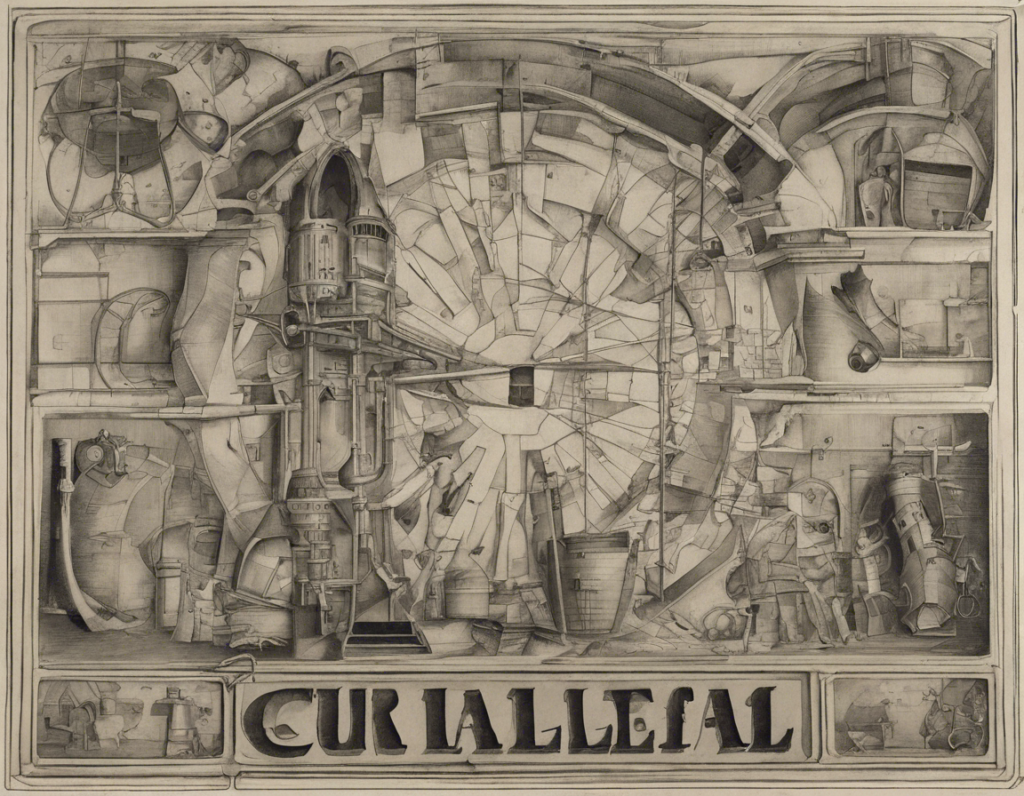The Truth About Manhwa Rape: Exploring a Controversial Topic
Manhwa, a term used to describe Korean comics or graphic novels, has gained significant popularity worldwide, with a particular emphasis on the genre’s ability to explore various themes and genres. However, one controversial topic that has emerged in the realm of manhwa is the depiction of rape. Rape is a sensitive and deeply troubling subject, and its portrayal in any form of media, including manhwa, raises important questions about the responsibility of creators, the impact on readers, and the ethics of storytelling.
Understanding the Controversy
The portrayal of rape in manhwa has sparked intense debate and controversy within the community. Some argue that it is a legitimate form of storytelling that can provoke important discussions about power dynamics, trauma, and resilience. Others believe that it is exploitative, triggering, and perpetuates harmful stereotypes and misconceptions about sexual violence.
Types of Rape Portrayals in Manhwa
1. Graphic Depictions: Some manhwa depict rape in a graphic and explicit manner, leaving little to the imagination. These portrayals can be disturbing, triggering, and deeply unsettling for readers.
2. Romanticization: In some cases, rape is romanticized or glorified in manhwa, presenting it as a means of expression of love or desire. This can normalize and trivialize sexual violence, perpetuating dangerous myths.
3. Revenge Narratives: There are instances where rape is used as a plot device for revenge or retribution, with the perpetrator facing little to no consequences for their actions. This can send harmful messages about the nature of justice and perpetuate harmful stereotypes.
Impact on Readers
The depiction of rape in manhwa can have a profound impact on readers, particularly those who have experienced sexual violence themselves. Triggering content can lead to retraumatization, anxiety, and feelings of helplessness. It is essential for creators to consider the potential impact of their work on vulnerable readers and approach sensitive topics with care and empathy.
Responsibility of Creators
Creators of manhwa hold a significant responsibility in how they portray sensitive subjects such as rape. While artistic freedom is essential, it must be balanced with a sense of ethical responsibility towards the audience. Creators should strive to depict rape with nuance, sensitivity, and awareness of the implications of their storytelling choices.
Addressing Controversy Through Dialogue
Engaging in open and honest dialogue about the depiction of rape in manhwa is crucial for moving towards a more ethical and responsible approach to storytelling. Creators, readers, critics, and scholars should actively discuss the impact of these portrayals, challenge harmful narratives, and advocate for more inclusive and sensitive representations of sexual violence.
FAQs about Manhwa Rape
1. Is it necessary to depict rape in manhwa for storytelling purposes?
While some argue that rape can be a powerful narrative tool, others believe that its frequent use perpetuates harmful tropes. Creators should carefully consider whether such depictions are essential to their storytelling and strive to handle them with care and responsibility.
2. How can readers navigate manhwa that contain triggering content?
Readers should prioritize their mental health and well-being when engaging with sensitive material. It is essential to approach triggering content mindfully, seek support if needed, and engage in discussions with others about the impact of such portrayals.
3. What role do publishers and platforms play in regulating content related to rape in manhwa?
Publishers and platforms have a responsibility to enforce guidelines and standards for content that they distribute. They should be proactive in addressing harmful depictions of rape, providing trigger warnings, and promoting responsible storytelling practices.
4. Are there examples of manhwa that handle the topic of rape sensitively and responsibly?
While instances of problematic portrayals exist, there are also examples of manhwa that approach the topic of rape with care and empathy. These works prioritize survivor perspectives, emphasize the importance of consent and agency, and challenge harmful stereotypes.
5. How can creators and readers advocate for more ethical storytelling practices in manhwa?
Creators and readers can advocate for more ethical storytelling practices by actively engaging in discussions about sensitive topics, holding creators and publishers accountable for their portrayals, and supporting works that prioritize respectful and responsible storytelling.
Conclusion
The depiction of rape in manhwa is a complex and sensitive issue that requires careful consideration and dialogue within the community. By acknowledging the impact of such portrayals on readers, highlighting the responsibility of creators, and advocating for ethical storytelling practices, we can work towards creating a more inclusive, empathetic, and responsible landscape for manhwa and its audience. It is essential to approach discussions about sensitive topics with compassion, understanding, and a commitment to fostering a safe and supportive environment for all readers and creators.
Latest Articles
- Comprehensive Guide to Fence Installation: Choosing the Right Materials and Services
- Exploring Common Home Pollutants and Their Impact
- Tips For Indian Stock Market: A Comprehensive Guide for Investors
- RRB Technician Vacancy 2024: Everything You Need to Know!
- Countdown to Election 2024: Assam’s Political Landscape

Exploring the Benefits of Curaleaf Wells: Your Ultimate Guide

Unpacking the Powerful Wham Strain: Benefits and Effects

Unveiling the Unique Characteristics of Lemon Jack Strain

